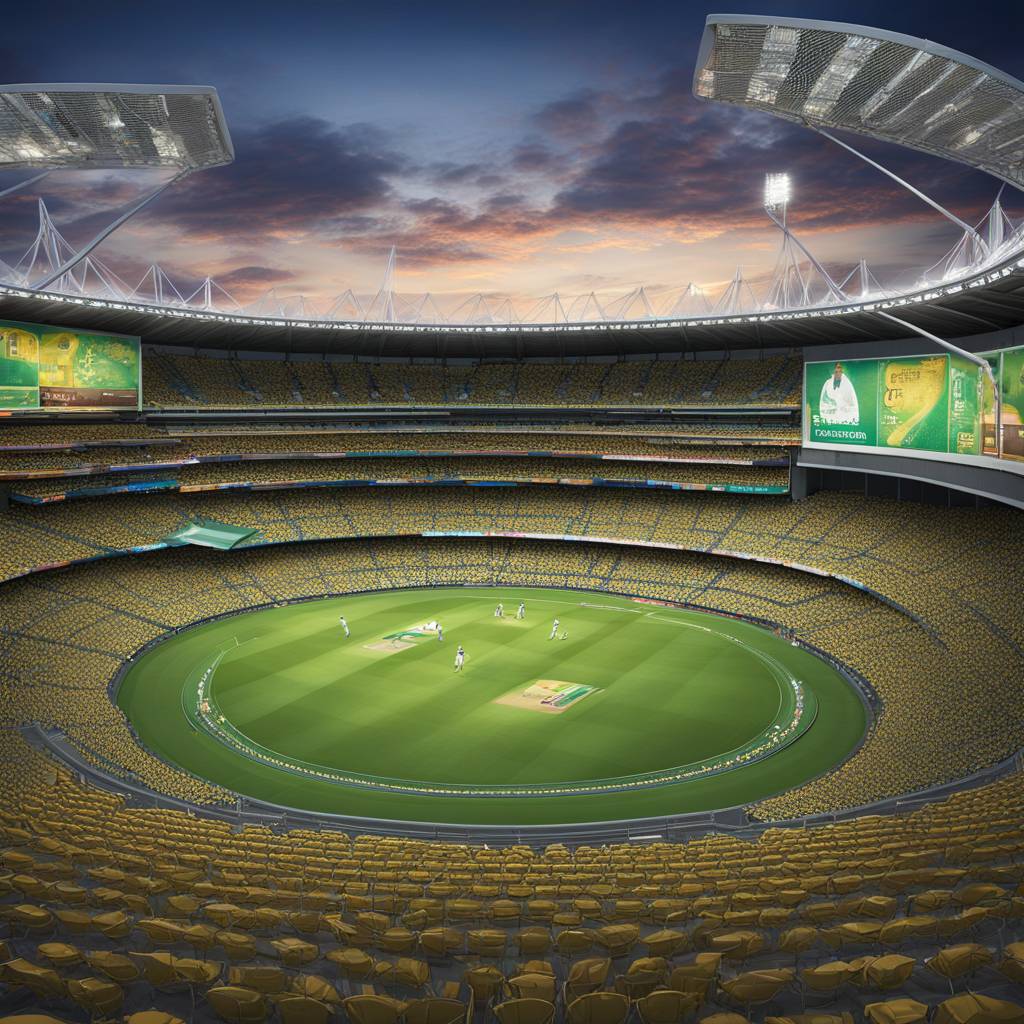Cricket Australia chief executive Nick Hockley is advocating for a long-term solution for Queensland sports fans after the state government rejected a proposal to rebuild the Gabba and construct a new stadium for the 2032 Olympics. With the Gabba expected to reach the end of its useful life in six years, Hockley believes that having a modern, city-centre stadium can be a catalyst for sporting events and major gatherings. He draws on his experience from planning the 2012 London Olympics to emphasize the importance of investing in infrastructure that can drive real transformational change.
An independent review of 2032 Games venues recommended demolishing the Gabba and building a 55,000-seat oval stadium at Victoria Park, a proposal that was rejected by Premier Steven Miles in favor of upgrading the Queensland Sport and Athletics Centre and the Gabba. The Gabba will undergo a more modest upgrade to comply with modern building codes, at a cost of up to $600 million. The decision was met with disappointment from the Brisbane Lions, who are one of the stadium’s major tenants. However, Miles defended his choice, stating that the government needed a more realistic capital investment strategy for venue improvements.
Miles highlighted the impact tearing down the Gabba and rebuilding it would have on cricket and AFL, which prompted the government to pursue alternative upgrade plans. He emphasized his three-stadium strategy, which includes the construction of the Brisbane Arena in the Roma Street Parklands, along with upgrades to the Gabba and Suncorp Stadium, as well as a new athletics stadium. Despite the review’s assertion that the Gabba was “tired” and destined for demolition, Miles believes that with proper repairs and refurbishments, the stadium can continue to serve its purpose beyond its theoretical end of life.
Hockley remains committed to working collaboratively with the Queensland government to find a solution that benefits sports fans in the long run. He acknowledges the iconic status of the Gabba but stresses the need for modern amenities and infrastructure to enhance the fan experience and attract major events to the region. By drawing on his experience from the London Olympics, he advocates for investing in facilities that can bring about significant positive changes and serve as catalysts for growth and development in the sports industry.
The debate over the future of the Gabba and the need for upgraded sports infrastructure in Queensland underscores the challenge of balancing tradition and modernization in sporting venues. While the government has opted for a more modest upgrade of the Gabba and other key stadiums, there is still room for discussion and collaboration to ensure that the state can host world-class events and provide top-notch facilities for both athletes and spectators. Finding a long-term solution that meets the needs of all stakeholders will be crucial in securing Queensland’s position as a premier sporting destination in the years to come.













